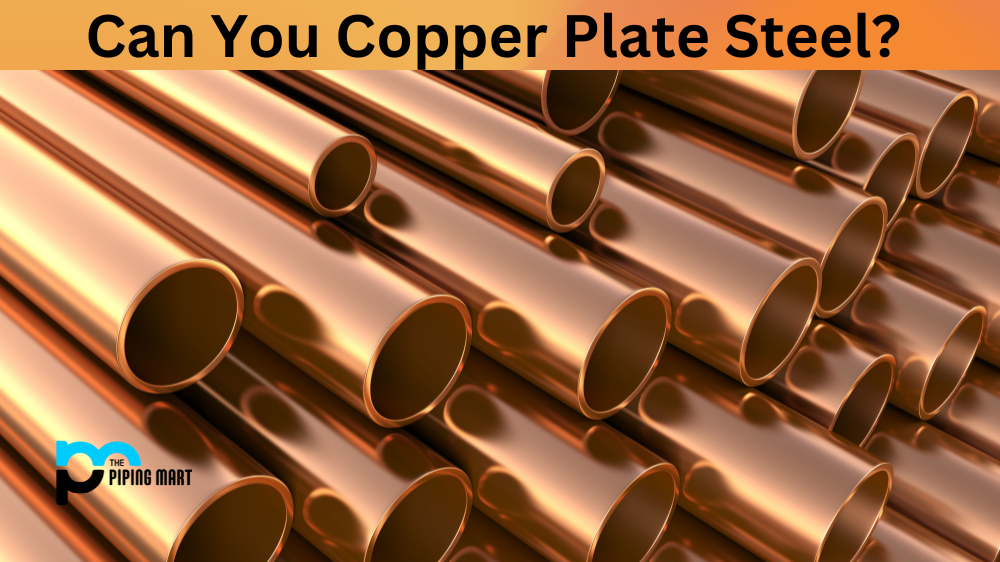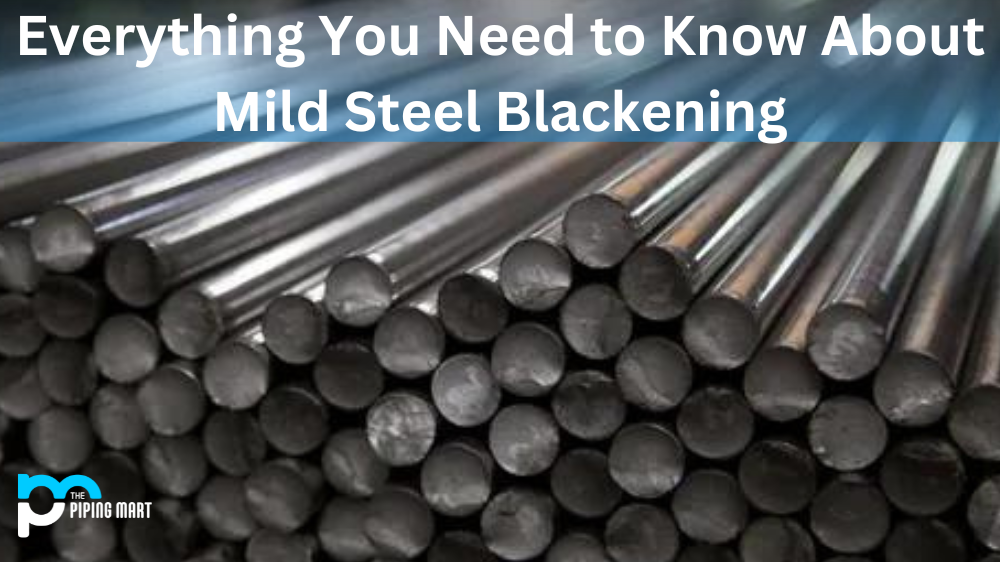If you have ever owned or operated a car, chances are you’ve heard of mild steel. But what is it? And more importantly, is mild steel prone to rusting? In this article, we’ll answer these questions and more as we dive into the world of mild steel.
What Is Mild Steel?
Mild steel is a type of carbon steel that contains a small amount of carbon (usually less than 0.25%). This low amount of carbon makes it relatively soft and malleable compared to other types of steel. It also has excellent weldability and machinability properties, making it an ideal choice for many applications, such as car frames, pipes, and even buildings.
Can Mild Steel Rust?
The answer is yes. All types of steel are prone to rusting due to the presence of iron in the material’s composition. When exposed to oxygen and water (either from the atmosphere or from direct contact with moisture), iron will oxidize, forming rust. The presence of other metals in the alloy can slow down this process, but no type of steel is completely immune to rusting. That said, mild steel typically takes longer to corrode than other types of steel due to its low carbon content and additional alloying elements like chromium or nickel that can improve its corrosion resistance.
The best way to prevent your mild steel from rusting is by protecting it from exposure to water and oxygen. This means keeping it covered when not in use and applying protective coatings if possible. Furthermore, regular maintenance checks should be conducted on all metal components to ensure they remain free from corrosion-causing agents like dirt or dust particles that can accelerate the oxidation process.
Conclusion:
In conclusion, mild steel can rust if left unprotected against water and oxygen exposure over time. Fortunately, there are ways to help prevent this by covering your mild steel when not in use and applying protective coatings where necessary. Regular maintenance checks should also be conducted on all metal components so that any signs of corrosion can be identified early on before they become more significant problems down the line. By taking these steps now, you’ll ensure your mild steel remains rust-free for years to come!
Meet Heer, a dynamic and driven writer learning tricks of her trade in the metal industry. With a background in Digital Marketing, Heer brings a unique perspective to her writing, sharing valuable insights. Apart from blogging she like reading and hiking.




